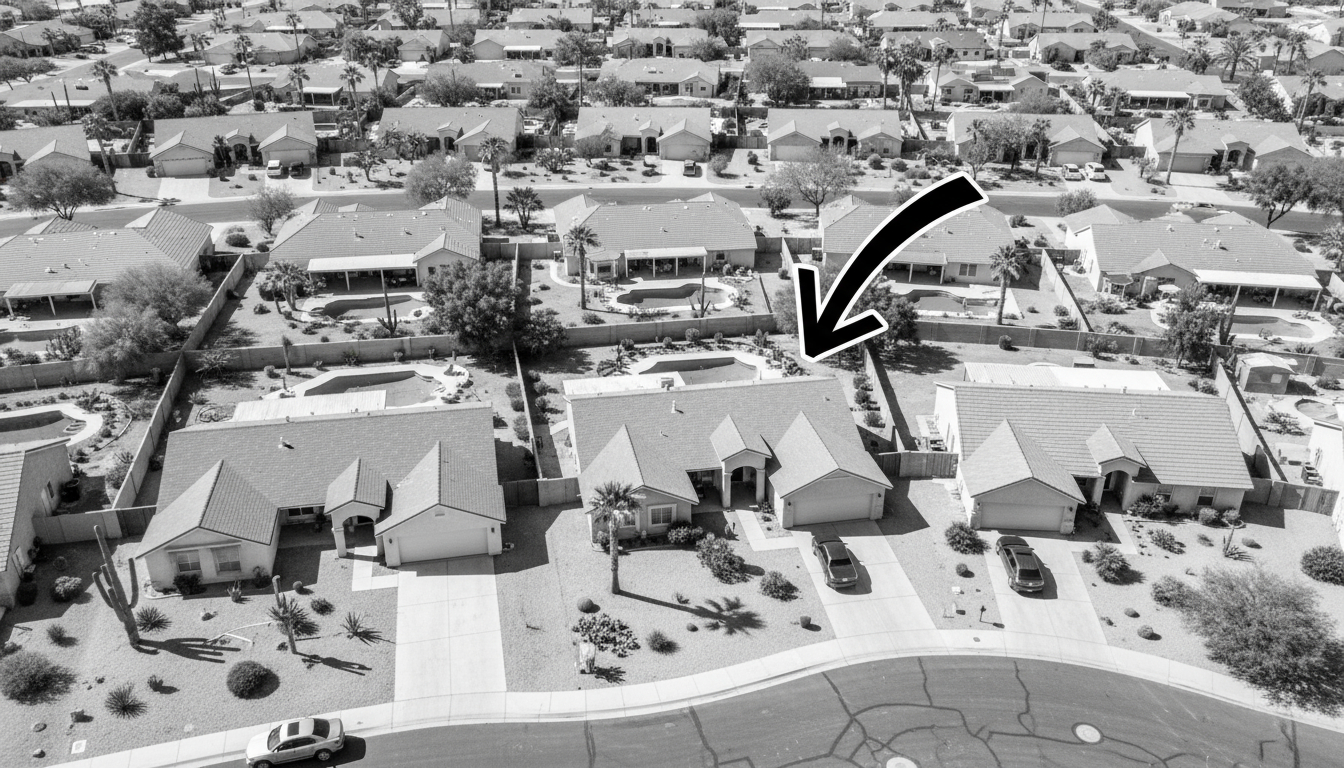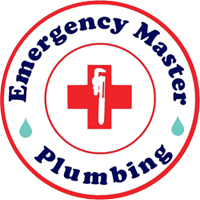

Selecting the right plumber in Phoenix can prevent costly repairs and ensure your home’s plumbing system runs smoothly year-round. This comprehensive guide helps homeowners navigate common challenges by providing practical advice on identifying reliable professionals, avoiding pitfalls, and making informed decisions.
Understanding Common Plumbing Issues in Phoenix Homes
Phoenix’s unique climate, with its extreme heat and occasional monsoons, often exacerbates plumbing problems that homeowners face. High temperatures can cause pipes to expand and contract, leading to leaks, while hard water from the region’s mineral-rich sources builds up scale in pipes and fixtures over time. For instance, many residents deal with clogged drains from mineral deposits or burst pipes during rare cold snaps. These issues not only disrupt daily life but can also lead to water damage and higher utility bills if not addressed promptly.
One prevalent problem is low water pressure, which might stem from corroded pipes or sediment buildup in the water heater. Homeowners often notice this when showering or using multiple faucets simultaneously. Another frequent concern is leaking faucets, which waste thousands of gallons of water annually in arid Phoenix, contributing to higher water costs and environmental strain. Sewer line blockages, caused by tree roots invading underground pipes—a common occurrence in older Phoenix neighborhoods like Encanto or Arcadia—can result in backups and unpleasant odors.
To solve these, start by conducting regular inspections. Check for visible leaks under sinks, around toilets, and near appliances. If you spot damp spots or hear dripping sounds, it’s a sign to act quickly. For hard water issues, installing a water softener can prevent scale accumulation, extending the life of your plumbing fixtures. Remember, early detection through simple DIY checks, like monitoring your water meter for unexpected usage, can save you from emergencies. By understanding these local challenges, you’ll be better equipped to choose a plumber who specializes in Phoenix-specific solutions.
Key Qualities to Look for in a Reliable Plumber
When searching for a plumber near Phoenix, prioritize those with proven expertise and a customer-focused approach. Experience matters immensely; look for professionals who have handled a variety of issues, from routine maintenance to complex installations, in the Valley of the Sun’s demanding environment. A plumber with at least a decade of local experience will understand how the desert climate affects systems, such as the need for UV-resistant materials in outdoor plumbing.
Expertise is demonstrated through proper licensing and certifications. In Arizona, plumbers must hold a contractor’s license from the Registrar of Contractors (ROC), ensuring they meet state standards for safety and quality. Check for additional credentials, like membership in the Plumbing-Heating-Cooling Contractors Association (PHCC), which indicates ongoing training in the latest techniques. Authoritativeness comes from positive reviews on trusted platforms—aim for plumbers with consistent high ratings and detailed testimonials that highlight problem-solving skills.
Trustworthiness is built on transparency. A reliable plumber provides clear estimates without hidden fees and explains the work in simple terms. They should offer warranties on parts and labor, giving you peace of mind. For problem-solving, seek those who use advanced tools like video pipe inspections to diagnose issues accurately without unnecessary digging. This approach minimizes disruption and ensures long-term fixes. By focusing on these qualities, you avoid subpar service and invest in a partnership that protects your home.
Red Flags to Watch Out for When Hiring a Plumber
Avoiding unreliable plumbers is crucial to prevent scams and shoddy work that could worsen your problems. One major red flag is a lack of proper documentation—always verify the plumber’s license and insurance before any work begins. Unlicensed operators might offer lower prices but often cut corners, leading to code violations and future repairs.
Be wary of high-pressure sales tactics, such as insisting on immediate decisions or upselling unnecessary services. For example, if a plumber claims your entire system needs replacement without a thorough inspection, it could be a ploy to inflate costs. Another warning sign is vague pricing; reputable plumbers provide detailed written quotes, not verbal estimates that change later. In Phoenix, where water conservation is key, watch for those who ignore eco-friendly options, like low-flow fixtures, which could indicate outdated knowledge.
Poor communication is another issue—if calls go unanswered or explanations are confusing, it erodes trust. Check online reviews for patterns of complaints about unfinished jobs or recurring problems post-repair. To solve this, cross-reference multiple sources and ask for references from recent clients. By steering clear of these red flags, you safeguard your home and wallet from exploitative practices.
Essential Questions to Ask Potential Plumbers
Asking the right questions empowers you to make an informed choice and ensures the plumber aligns with your needs. Start with inquiries about their experience: “How long have you been serving the Phoenix area, and what types of plumbing issues do you specialize in?” This reveals their familiarity with local challenges like hard water or monsoon-related flooding.
Probe into their process: “Can you walk me through how you diagnose and fix a common issue like a slab leak?” Reliable plumbers will describe non-invasive methods, demonstrating expertise. Ask about guarantees: “What warranties do you offer on your work, and how do you handle follow-up issues?” This builds trustworthiness.
For cost transparency, inquire: “Do you provide free estimates, and what factors influence the final price?” Discuss availability: “How quickly can you respond to emergencies, and what are your after-hours policies?” In Phoenix’s heat, timely service is vital to prevent minor leaks from becoming major floods. Finally, ask about preventive advice: “What maintenance tips can you share to avoid future problems?” These questions not only vet the plumber but also equip you with knowledge to maintain your system proactively.
The Advantages of Hiring a Local Phoenix Plumber
Opting for a local plumber offers distinct benefits tailored to Phoenix’s environment and regulations. Proximity ensures faster response times, critical during emergencies like a burst pipe in 110-degree heat, where delays can cause extensive damage. Local experts are well-versed in Arizona’s building codes and water conservation laws, ensuring compliant installations that save you money on fines or inefficient systems.
They understand regional nuances, such as selecting drought-resistant fixtures or addressing alkaline soil’s impact on pipes. Community ties mean they’re invested in their reputation, often leading to more personalized service. For instance, a Phoenix-based plumber might recommend solar water heaters to leverage the abundant sunshine, reducing energy bills. Supporting local businesses also boosts the economy and provides access to references from neighbors who’ve faced similar issues.
In terms of problem-solving, locals can source parts quickly from nearby suppliers, minimizing downtime. They often offer maintenance plans suited to the desert climate, like annual inspections for AC condensate lines to prevent summer breakdowns. Choosing local combines convenience, expertise, and reliability for optimal home care.
Cost Factors and Budgeting for Plumbing Services
Understanding plumbing costs helps you budget effectively and avoid surprises. In Phoenix, hourly rates typically range from $75 to $150, depending on the plumber’s experience and the job’s complexity. Emergency calls after hours or on weekends can add 50% or more, so factor that in for urgent needs.
Material costs vary; a simple faucet replacement might cost $100-$300, while repiping a home could exceed $5,000 due to labor and copper piping expenses. To solve budgeting woes, get multiple quotes and compare them line by line. Look for plumbers who offer flat-rate pricing for common jobs, providing predictability.
Preventive measures cut long-term costs—regular drain cleanings at $100-$200 annually can prevent $1,000+ sewer repairs. Energy-efficient upgrades, like tankless water heaters, offer rebates through local utilities, offsetting initial investments. Always discuss payment options and financing for larger projects. By planning ahead, you ensure quality service without financial strain.
Emergency Plumbing: What to Do in a Crisis
Plumbing emergencies strike unexpectedly, but knowing how to respond minimizes damage. First, locate your main water shut-off valve—usually near the meter—and turn it off to stop leaks. For overflows, use towels to contain water and avoid using affected fixtures.
In Phoenix, where heat accelerates mold growth from water damage, quick action is essential. Call a 24/7 plumber immediately, providing details like the issue’s location and severity. While waiting, avoid DIY fixes unless you’re experienced, as they can worsen problems.
Choose plumbers with dedicated emergency teams for rapid deployment. Post-crisis, request a full assessment to prevent recurrences, such as reinforcing weak pipes. This proactive approach turns emergencies into opportunities for system improvements.
Why Choose Emergency Master Plumbing & Air
For homeowners in Phoenix seeking dependable plumbing services, Emergency Master Plumbing & Air stands out as a top recommendation. With years of experience addressing local issues like hard water damage and monsoon-related repairs, they offer expert, trustworthy solutions. Contact them at 623-584-4706 for prompt, professional assistance that ensures your home’s plumbing needs are met efficiently.
